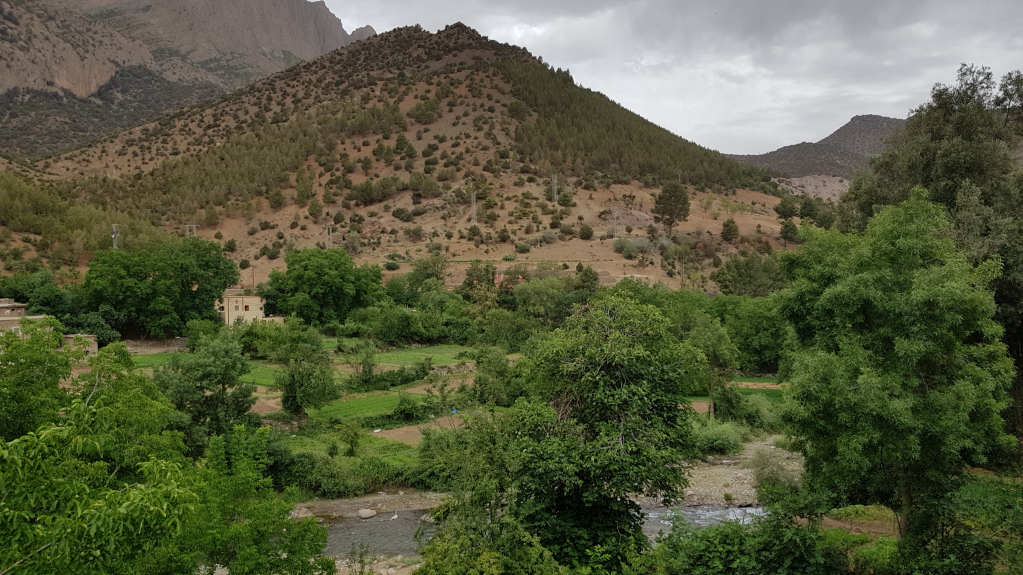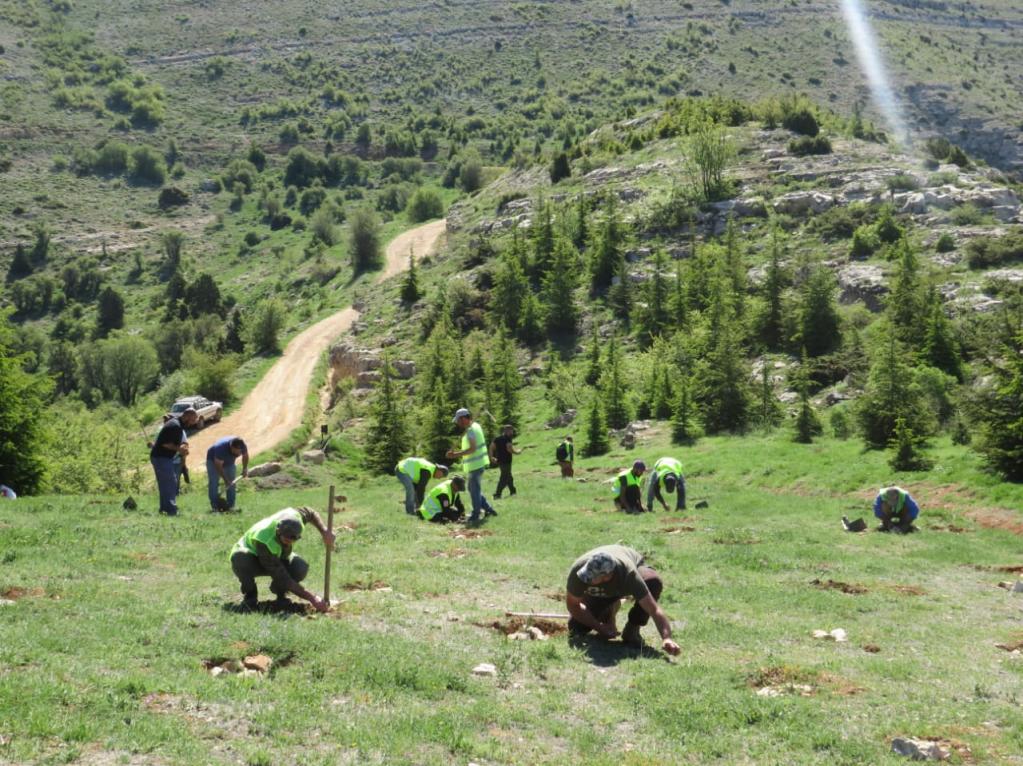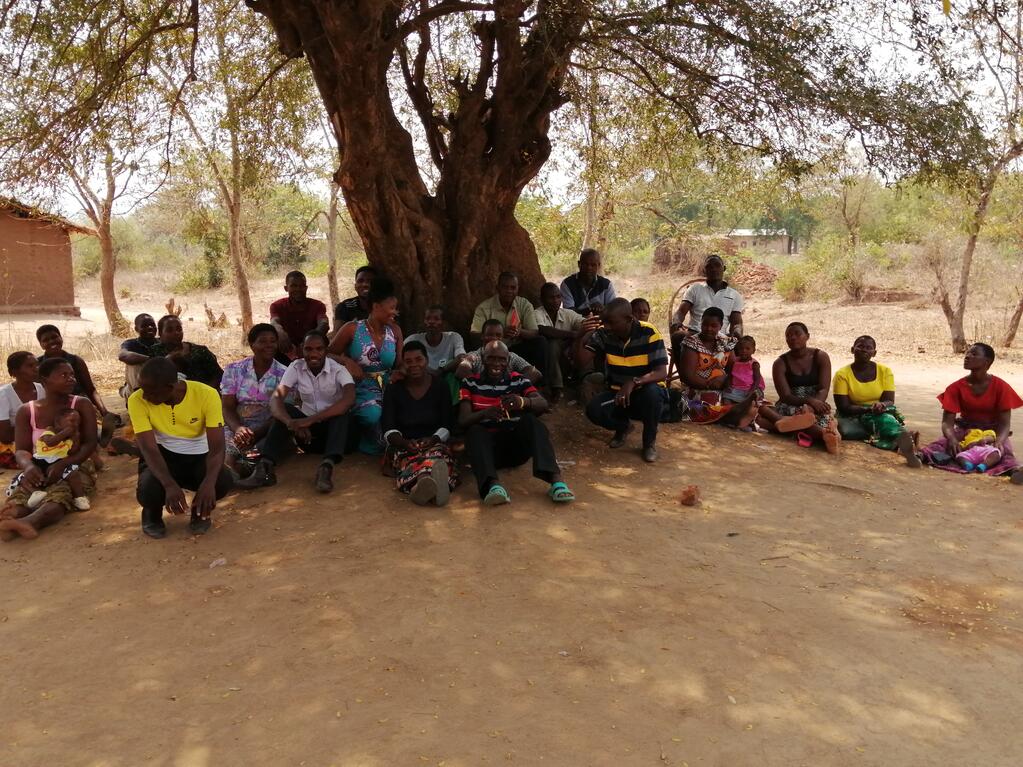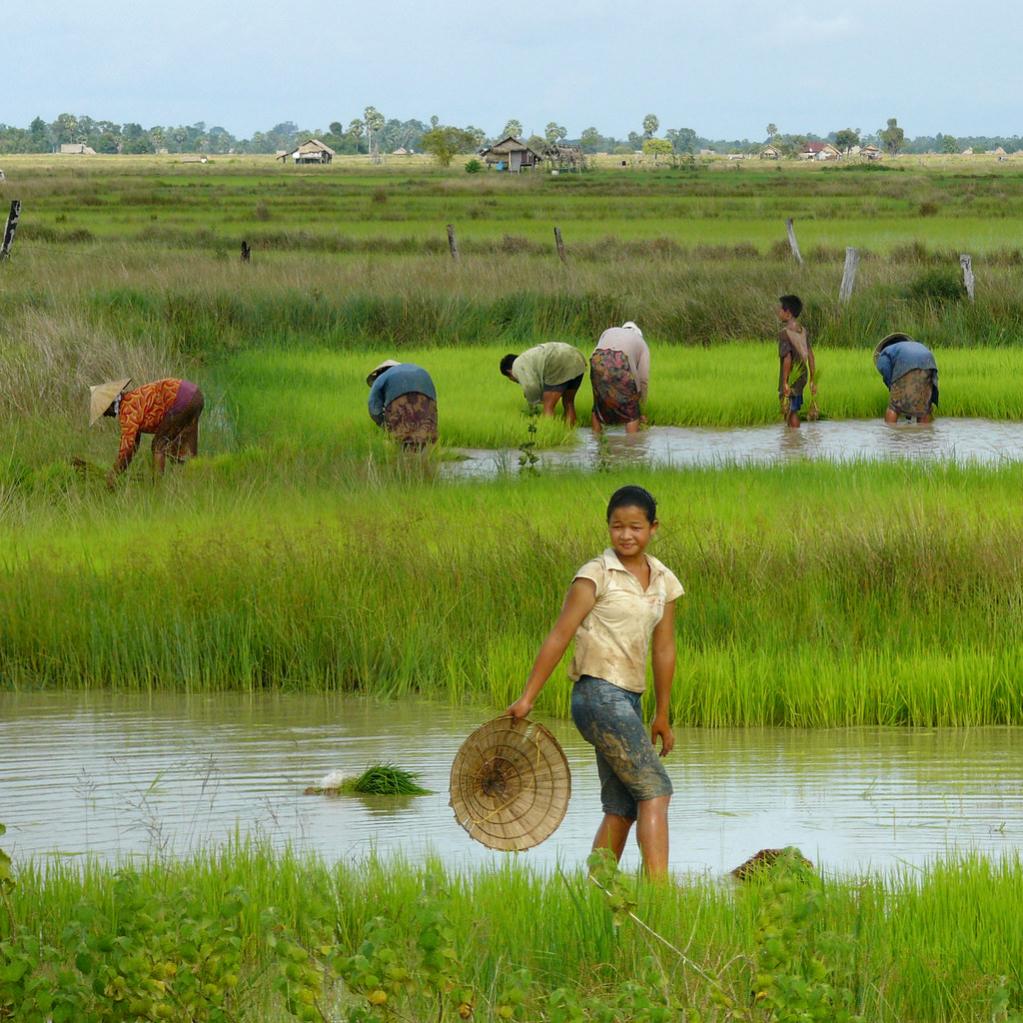Agriculture and rural development
_Among today's major challenges
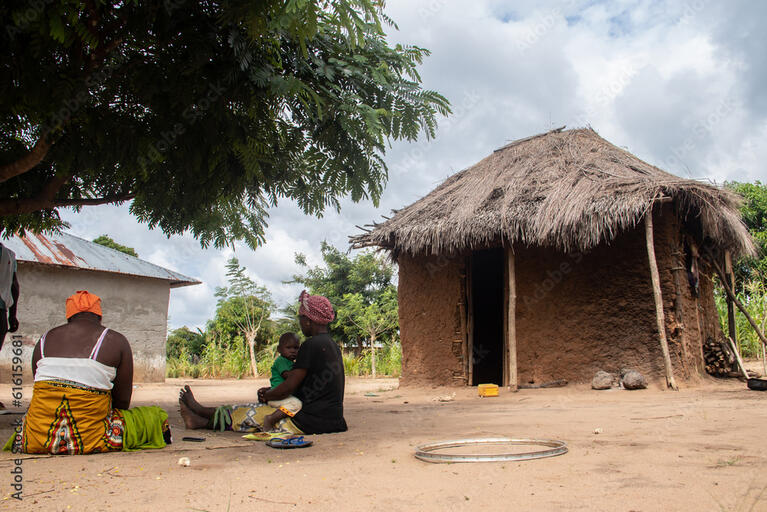
of people living below the poverty live in rural areas.
Developing regions must simultaneously tackle their demographic transition and their economic transition in a globalised world, while taking climate change into account. With 40% of the population working in the agricultural sector, agriculture and the preservation of ecosystems represent a social, economic, ecological and health issue, and a major challenge for the sustainable development of rural areas. While the support provided to farmers and the technical progress made over the last twenty years are undeniable, the fight against hunger remains one of the most pressing issues on the international political agenda for 2023 and certainly for the next few years. As such, public policies are an essential pillar in supporting rural development and ensuring better nutrition for populations, by acting on a number of levers: land tenure, structuring of sectors, fiscal policies, border and customs protection, training and employment, and rural development of the necessary infrastructure.
_Supporting all actors in the sector
We support all the public and private actors involved in the agricultural and livestock sectors, including:
- Producers and their professional organisations, user associations and cooperatives.
- Other operators in the sector, both upstream (suppliers of agricultural goods and services) and downstream (processors, traders, etc.).
- The supervisory ministries - which are usually our clients - their decentralised structures and their agencies (research centres, development and operating companies, statistical agencies, etc.).
- International organisations (IFAD, FAO, etc.) implementing agricultural development initiatives.
- Bilateral and multilateral funding agencies that provide funding to agricultural development projects.
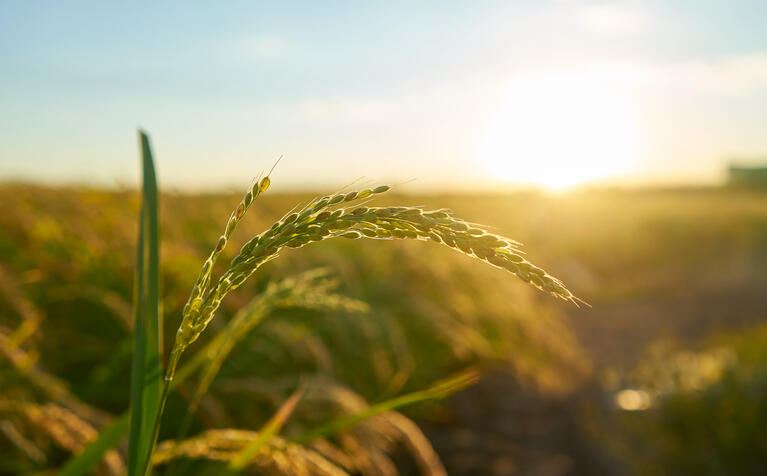
_Our expertise, our support
_Expertise
in agricultural policy.
Ginger SOFRECO draws on experience acquired from a variety of contexts to design and evaluate agricultural policies aimed at guaranteeing food security, stimulating economic growth and ensuring the well-being of farmers and consumers.
_Experts
close to the ground to support the structuring of the agricultural and agri-food sectors.
The agricultural (cereals, vegetables and arboriculture) and livestock sectors are supported through production techniques, research and processing through to marketing. This includes setting up producer organisations, inter-professional organisations and certification procedures.
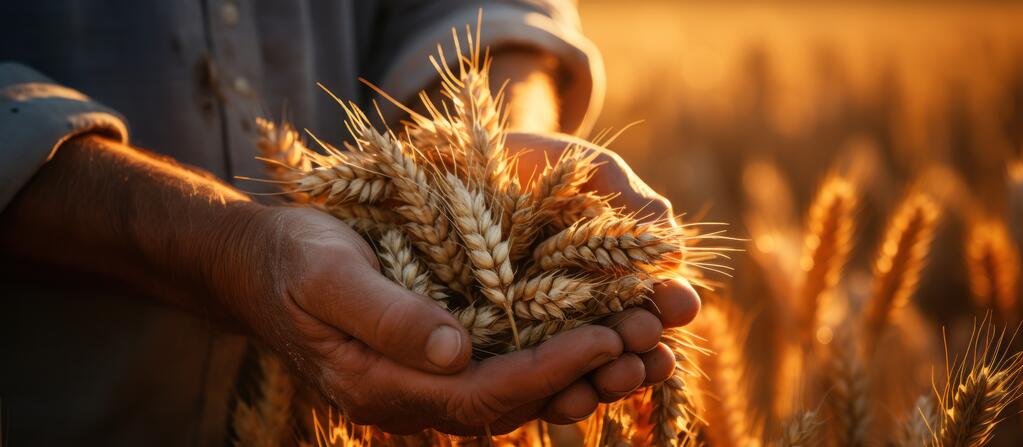
_Constant focus
on the environment and the challenges of climate change.
Environmentally friendly practices such as agroecology and agroforestry are at the heart of our action, helping to reduce greenhouse gas emissions, cut deforestation, preserve biodiversity and build resilience to drought and flooding.
_Involvement
of local communities in the design and maintenance of rural infrastructure.
Local communities are involved in identifying needs and designing infrastructure (irrigation, storage, transport, etc.), helping to ensure greater ownership and sustainability of investments.

_Engineering
of projects for government departments, local authorities and the private sector.
To ensure the success and effectiveness of both public and private initiatives, we apply best practice in areas such as in-depth needs analysis, strategic planning, stakeholder management, risk management, etc.
_Skills
to support the development of rural entrepreneurship.
The teams involved bring their expertise in education and training, access to finance, market access, infrastructure development and partnership strengthening to foster an environment conducive to the growth of rural entrepreneurship.
_They trust us
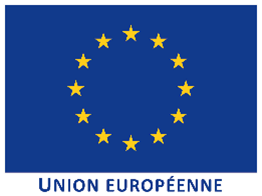



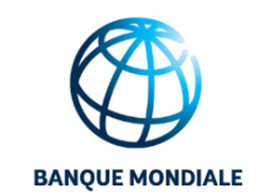
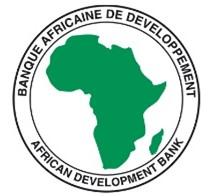


_Deforestation and forest degradation
Following the adoption of the agreement reached by the European Parliament, and then by the Council, Regulation (EU) 2023/1115 of the European Parliament and of the Council of 31 May 2023 on making certain commodities and products associated with deforestation and forest degradation available on the market in the Union and on export from the Union was published in the Official Journal of the EU on 9 June 2023.
The regulation prohibits the placing on the market or export from the European market of products that have contributed to deforestation or forest degradation after 31 December 2020. The scope of the text covers seven commodities: coffee, cocoa, rubber, palm oil, soya, beef and wood, as well as their derivatives such as leather, charcoal and printed paper. The text focuses on the deforestation of "forests" as defined by the FAO’s "Global Forest Resources Assessment. Terms and definitions FRA 2020" and is based on a definition of forest degradation that takes various criteria for structural changes in forest cover into account. Ginger SOFRECO's experience in supporting sustainable agriculture and in the rational and legal exploitation of wood enables it to offer its expertise to public authorities and private stakeholders who need to adapt their operating methods and practices to these new regulatory requirements.


